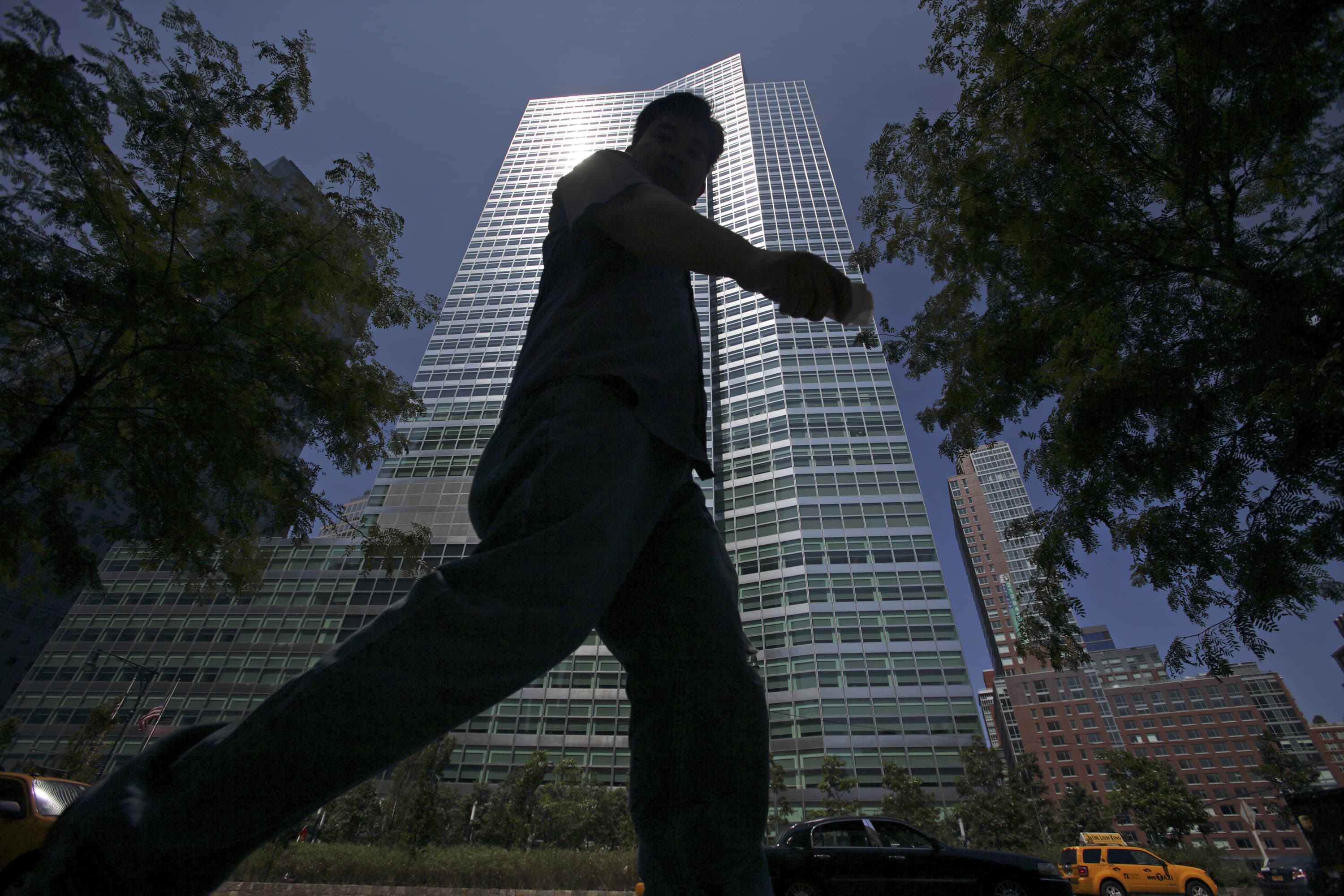Junior investment bankers at Goldman Sachs are suffering burnout from 100-hour work weeks and demanding bosses during a SPAC-fueled boom in deals, according to an internal survey done by a group of first-year analysts.
The surge in activity has taken a serious toll on analysts’ mental and physical health since at least the start of the year, according to slides released to social media and authenticated by people with knowledge of the matter.
“The sleep deprivation, the treatment by senior bankers, the mental and physical stress … I’ve been through foster care and this is arguably worse,” one Goldman analyst said, according to the February survey of 13 employees.
“My body physically hurts all the time and mentally I’m in a really dark place,” another analyst said.
The slide show, replete with color-coded charts and formatted in the official style of an investment banking pitch book, was created after a group of disgruntled analysts across several teams banded together to survey their colleagues, according to the people. First-year analysts are typically recent college graduates and occupy the lowest level on Wall Street’s hierarchy; above them are associates, followed by vice presidents and managing directors.
The Wall Street model is to hire thousands of entry-level workers every year, often top graduates from upper-tier universities, to create a pipeline for talent and a workforce dedicated to the more mundane aspects of investment banking. Junior bankers trade a grueling workload for pay that’s higher than the average American salary and a shot at eventually earning multi-million dollar compensation packages as a managing director.
Working conditions on Wall Street became a hot topic in 2013 after a Bank of America intern in London died after a stint of sleepless nights. The industry then began adopting protected weekends, where junior employees couldn’t work on a Saturday or Sunday without manager approval.
Still, despite the changes, the industry’s hard-charging culture remains. Goldman survey respondents called conditions “inhumane,” saying that working 110 hours a week often leaves just four hours a day for sleep and self-care
While the survey was from a small sample of Goldman employees, the bank took their concerns seriously, the people said. Goldman executives met with the employees last month and told them they were boosting the hiring of junior bankers to address the workload, they said. The bank has also transferred employees to bolster busier teams and has been working to automate aspects of their jobs.
The 13 employees weren’t punished for creating the survey, a segment of which was posted this week on the Instagram account Litquidity, the people said.
“We recognize that our people are very busy, because business is strong and volumes are at historic levels,” said Nicole Sharp, a Goldman spokeswoman. ”A year into COVID, people are understandably stretched pretty thin, and that’s why we are listening to their concerns and taking multiple steps to address them.”
Hot on the heels of a record year for Wall Street, the IPO market is on fire, driven by insatiable demand for new companies. That demand is being met by SPACs, or blank check companies used to take companies public, and SPAC mergers of $164 billion so far this year have already exceeded the 2020 total, according to Dealogic.
The backlog of deals reached a record level in the first quarter, Goldman CFO Stephen Scherr said last week at a conference. Goldman is the world’s top mergers advisor, edging out JPMorgan Chase in the total volume of deals and number of transactions.
